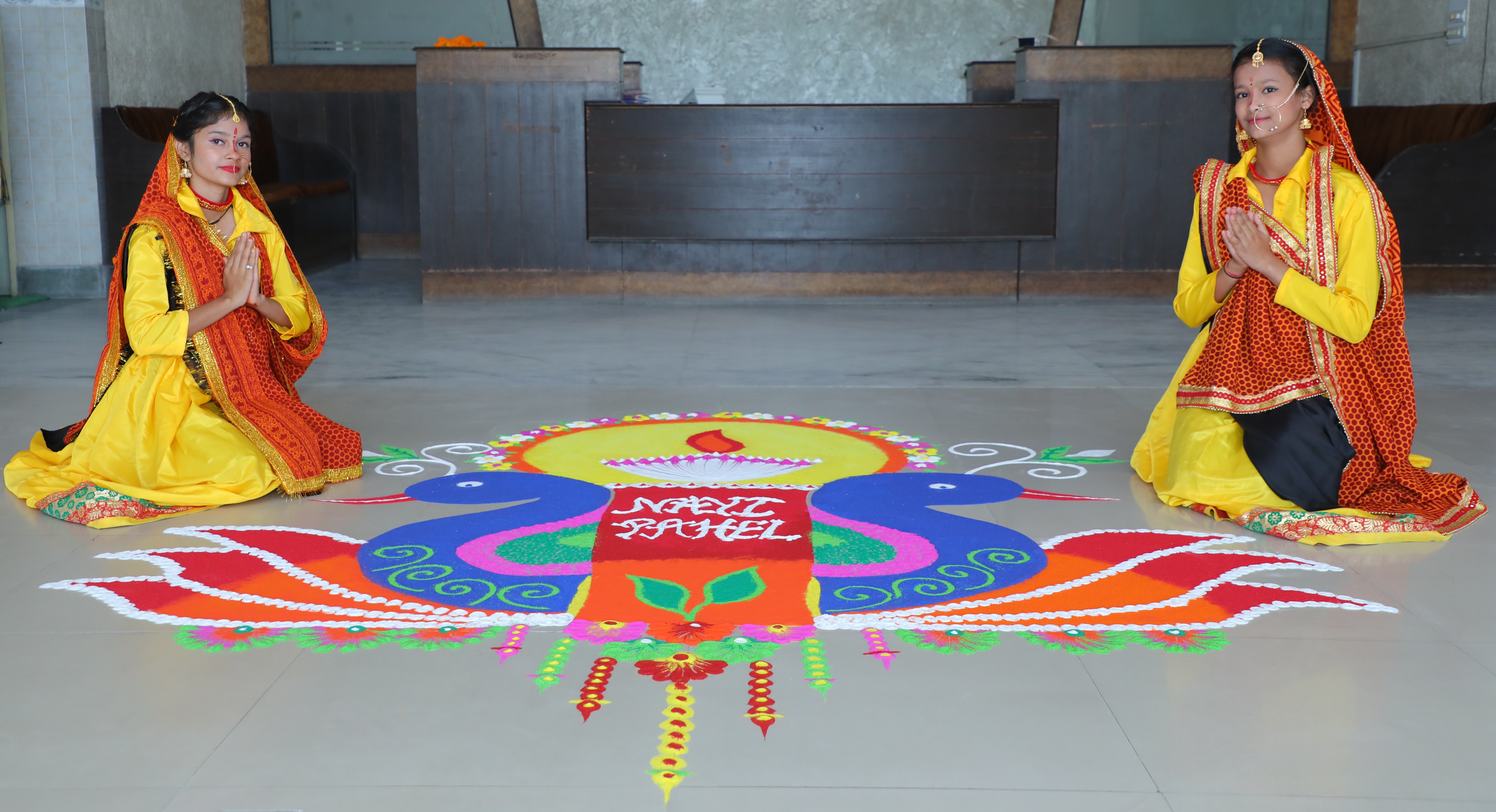Our Model
GCEI’s student-centred approach is designed to ensure every student learns with understanding, makes excellent ongoing progress in their learning and builds skills in applying knowledge to real life situations in their own contexts.

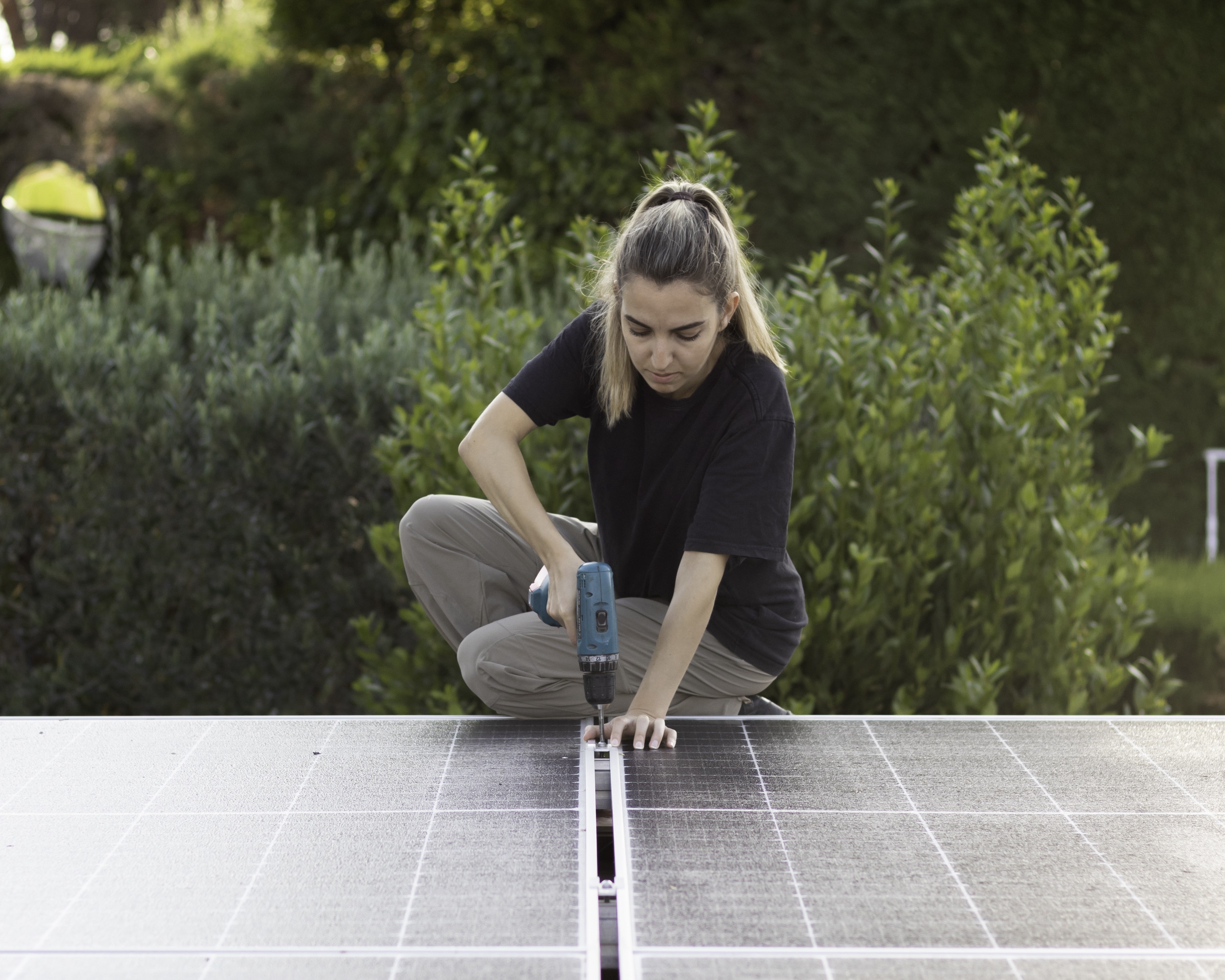
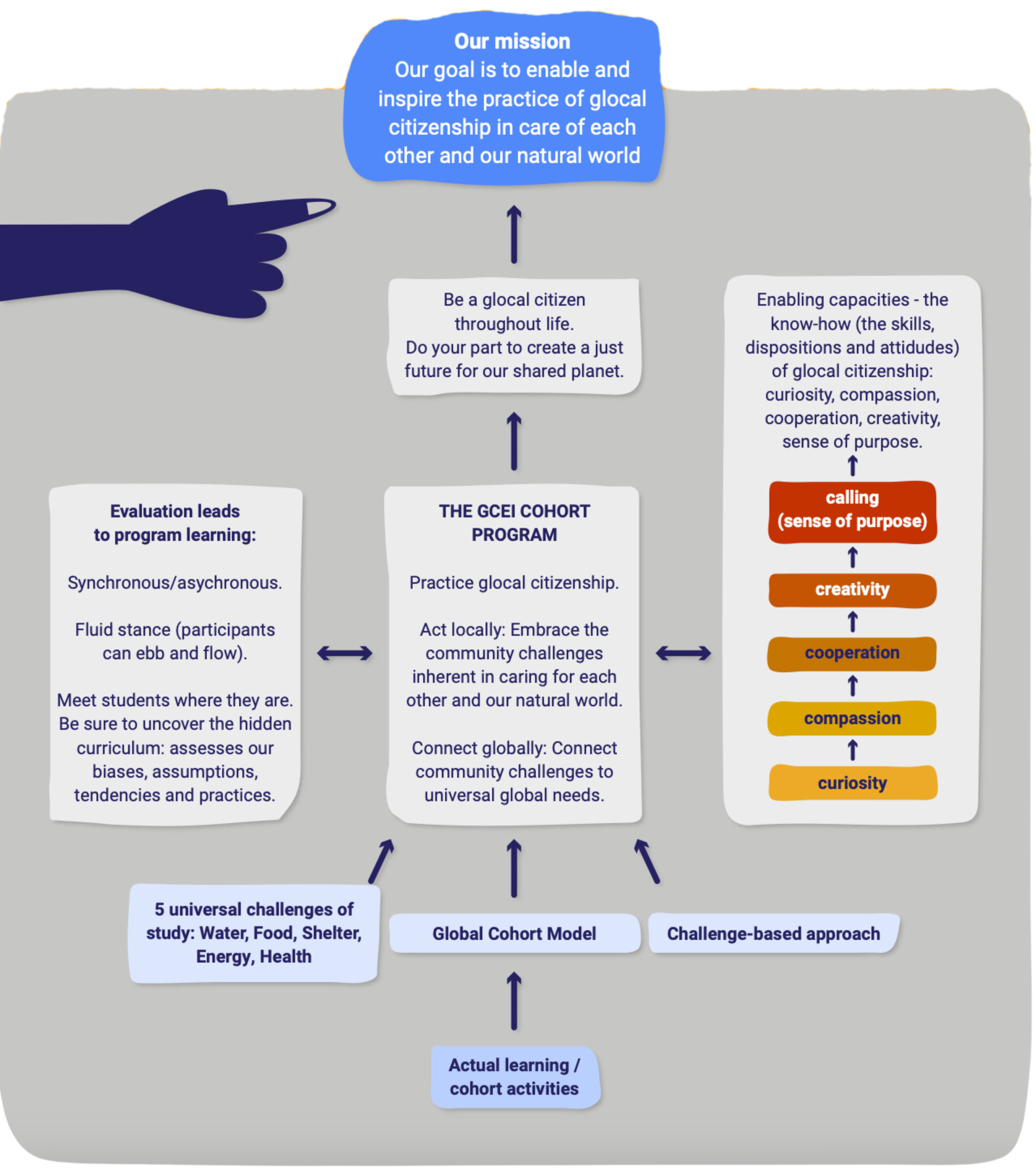

PEDAGOGICAL PROCESS
GCEI’s student-centered pedagogical process is designed to ensure every student learns with deep understanding. Students work in collaboration to make excellent ongoing progress in their learning and build skills in applying knowledge to real life situations in their own contexts. The goal is to provide every student with strong foundational knowledge of vital issues.
By exploring the topics with students around the world, students develop a critical awareness of international mindedness and environmental stewardship. They develop skills to build a better future, not only for themselves but for their own communities. The short and long-term vision is for such a process to guide teachers in nurture wonder and ignite passion.
By providing every young person with knowledge, skills and attributes, GCEI helps prepare them for a lifetime of meaningful actions and effective future citizenship, strengthening youth participation in environmental and climate decision-making processes.

Challenge-based approach
Unlike a problem, a challenge isn’t something we encounter, it’s something we choose. Its meaning is imbued with a sense of will—to oppose, dispute, or claim. In situations, the problem is why we act and the challenge is how we act. The problem is the situation and the challenge is the response. When we ignore the problem it gets worse; when we overcome the challenge, things get better.
As a global population, GCEI encourages youth, not just to identify the problems regarding the five critical issues that make up the Areas of Service, but to choose and rise to those local and global challenges in order to come up with responses to the problems and thus develop international mindedness and environmental stewardship.
GCEI’s Challenge-based Learning is based on the CBL Guide, an effective learning framework initiated at Apple, Inc. that empowers Learners to address local and global Challenges making an immediate impact on the world while acquiring content knowledge in different areas.

Approaches
Challenge Based Learning is designed to be flexible, customizable, and allow for multiple perspectives.
From CGEI work, this approach can extend school curricula, serve as the framework for the development of environmental projects, and act as an overarching framework for decision making and learning, while giving the students real-life opportunities to perform actions that can have an impact in their communities.
Challenges create a sense of urgency and spur action. In Challenge Based Learning, they include a specific structure (engage, investigate and act), vary in duration and intensity and can be incorporated or adapted to most learning environments.

Setting
Challenge Based Learning is unique in that part of what is considered “teacher work” in traditional settings (e.g. researching content, setting goals, and creating evidences) is completed with the students during the Challenge experience. This approach also requires structure, support, checkpoints and tools to get the work done, while allowing full space for self-directed, creative, and inspired learning.
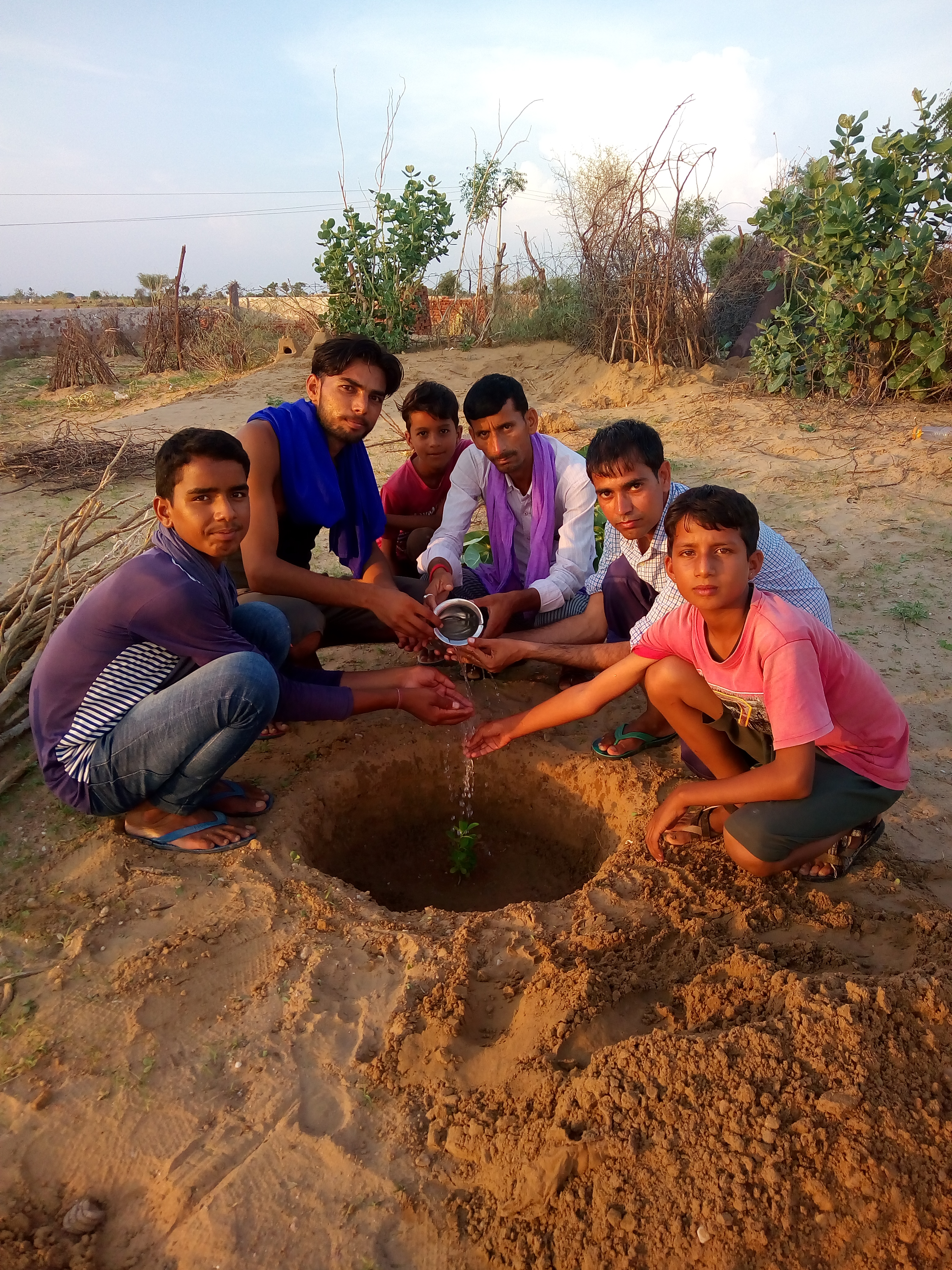
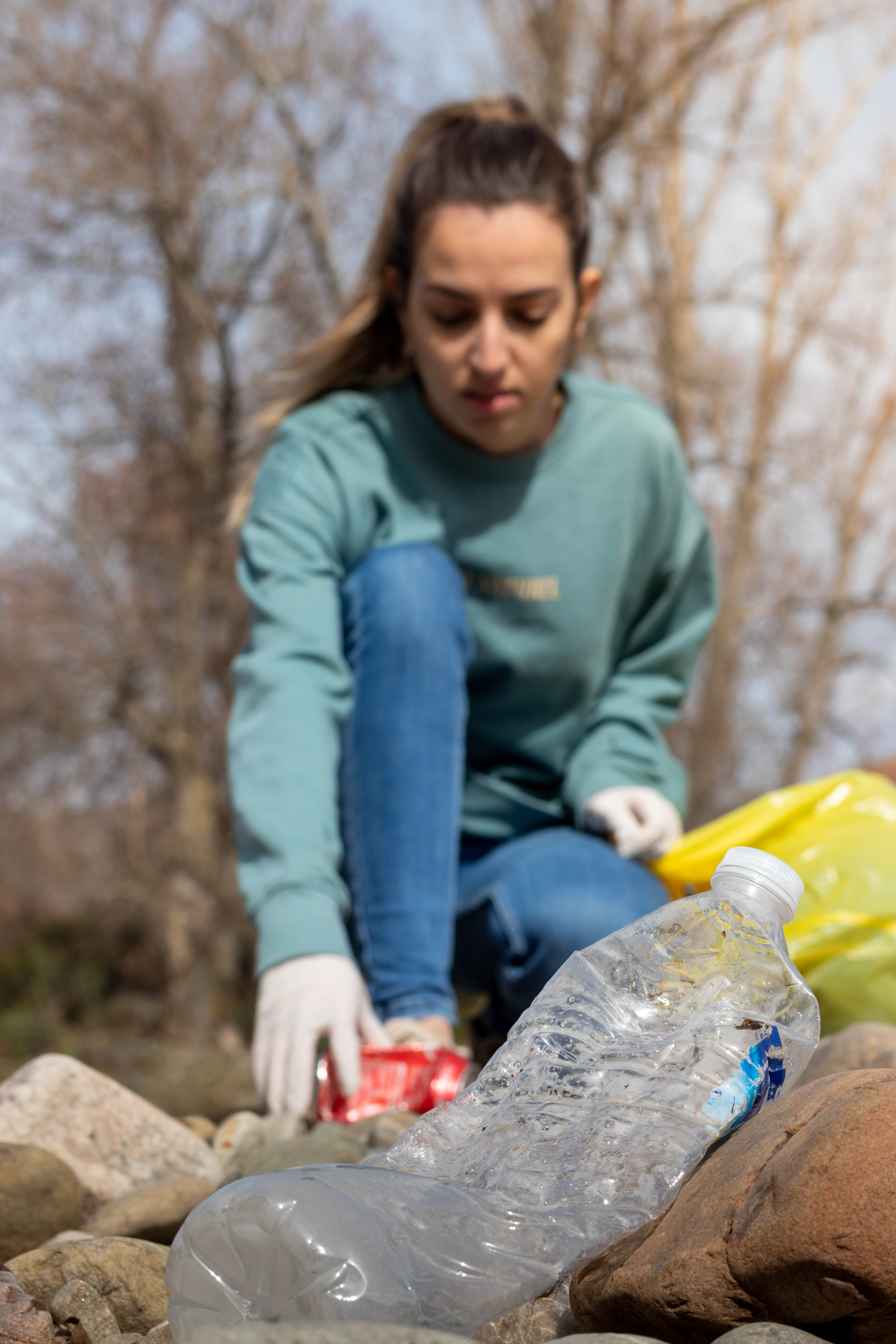
PARTNERED SCHOOLS
The Partnered Schools approach was created with the aim of connecting GCEI member schools from different continents, with one another, on a one-to-one basis. This closer interaction seeks to help the students build knowledge collectively, learn cooperatively, share questions and findings, motivate, and challenge each other. However, there is also another objective of this interaction that goes beyond the academics: to build other types of links between the students that would allow them to share about their lives, their contexts, their experiences.
A school in the US can be partnered with a school in Africa, and a school in Brazil can be partnered with a school in India. A privileged school can work together with a school that lacks all commodities, and a school in the mountains can work with a school in a big city. Thus, GCEI students learn about the challenges of our world while they learn about the challenges of other real people out there in that world. They learn about while learning with.

